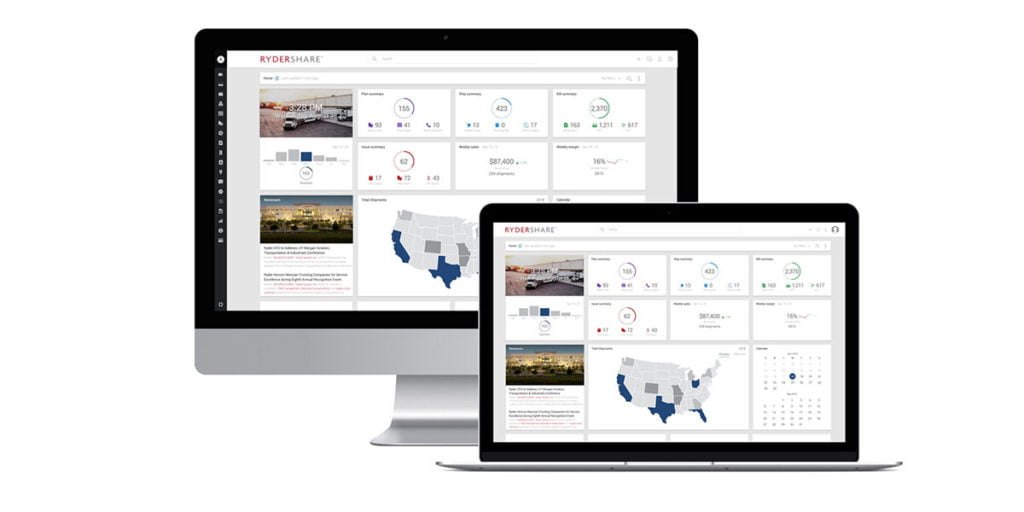As the summer season approaches, the logistics and transportation sectors gear up for one of the busiest times of the year. With increased demand for products ranging from seasonal goods to construction materials, businesses face the challenge of managing expanded truckload operations efficiently. Optimizing these operations is crucial not only for meeting heightened demand but also for maintaining profitability and customer satisfaction. This blog post digs into strategies for optimizing truckload operations to ensure a successful summer season.
Understanding the Challenges
Summer brings unique challenges to the transportation sector. The surge in demand can lead to a shortage of available trucks and drivers, exacerbated by the seasonality of certain products and industries. Additionally, weather conditions can impact delivery schedules, and fluctuating fuel prices can affect operational costs. To navigate these challenges effectively, businesses must adopt a robust strategy for optimizing truckload operations.
Increased Demand and Capacity Constraints
During summer, certain industries like agriculture, tourism, and construction experience peak demand, leading to increased transportation needs. This spike can strain the existing logistics infrastructure, causing capacity constraints and potential delays.
Managing Seasonal Variability
The variability in demand requires flexible and responsive truckload management strategies. Companies must be able to scale operations up or down efficiently, depending on real-time needs.
Regulatory and Safety Considerations
Summer also brings stringent regulatory and safety requirements, especially concerning driver hours and vehicle maintenance. Ensuring compliance while maintaining service quality is essential for smooth operations.
Strategies for Optimizing Truckload Operations
To overcome these challenges and capitalize on the opportunities of the summer season, businesses can implement several key strategies:
Leveraging Technology for Better Route Planning
Advanced Transportation Management Systems (TMS) like Turvo can significantly enhance route planning and optimization. By analyzing historical data and real-time traffic conditions, TMS can propose the most efficient routes, saving time and fuel costs.
Unlock the 6 Keys To Accelerated Growth with Modern TMS👉
Learn how connections, real-time collaboration, modern tech, and TMS software drive growth. See today how your TMS stacks up.
Dynamic Scheduling and Resource Allocation
Implementing flexible scheduling and resource allocation allows businesses to adapt to changing demand patterns. This includes using predictive analytics to forecast demand and allocate trucks and drivers where they are needed most.
Fostering Strong Carrier Relationships
Building and maintaining strong relationships with carriers can ensure priority access to transportation resources during peak times. Negotiating contracts with performance incentives can also motivate carriers to provide better service.
Focus on Driver Retention and Recruitment
Driver shortage is a critical issue in truckload logistics. Focusing on driver retention through better working conditions and incentives is crucial. Additionally, recruiting new drivers ahead of the busy season can help alleviate capacity constraints.
Implementing Sustainable Practices
Sustainability is increasingly becoming a priority for consumers and businesses alike. Optimizing truckload operations to reduce fuel consumption and emissions not only helps the environment but can also lead to cost savings.
The Role of Managed Transportation Services
For many businesses, partnering with a managed transportation service provider can be a game-changer. These providers offer comprehensive solutions that include advanced TMS technology, carrier management, and logistics expertise. Managed transportation services can help businesses navigate the complexities of summer operations more effectively, from planning and execution to monitoring and analysis.
Preparing for a successful summer season requires a proactive approach to optimizing truckload operations. By embracing technology, maintaining flexibility in scheduling and resources, and focusing on sustainability and driver welfare, businesses can overcome the challenges and make the most of the opportunities presented during these busy months.
Whether you’re a seasoned logistics professional or looking to improve your truckload operations, the strategies outlined here will provide valuable insights into preparing for a prosperous summer season in the transportation industry.










